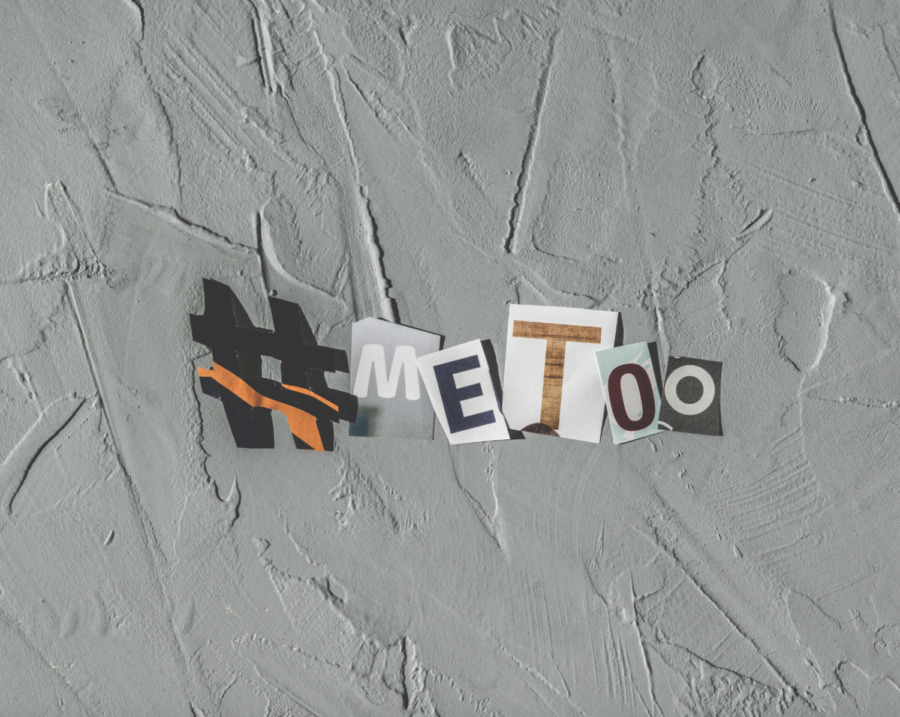Sexual Assault: There’s Always Hope
11.2% of all college students will experience some type of sexual assault
Sexual assault is an ugly occurrence that seems to be in the news more and more frequently. Unfortunately, many college campuses throughout the United States have had their share of allegations and crimes relating to sexual harassment and assault. One of the more famous cases that people remember is Brock Turner, who was in jail for three months for raping an unconscious woman behind a dumpster at Stanford University.
Statistics regarding sexual assault and harassment on college campuses continue to get scarier by the day. According to Rainn.org, 11.2% of all college students experience “rape or sexual assault through physical force, violence or incapacitation.” Within that number, it’s 23.1% of females and 5.4% of males.
Chelsea Covino, a junior Health Science major, is trauma certified and volunteers her time with the rape crisis hotline SAAVE, which stands for Sexual Assault, Abuse and Victim Empowerment. Covino has over 300 hours of on-call experience as a crisis intervention counselor.
“Anyone can call the hotline, but we see people mostly ranging from teenagers to young adults,” Covino said. “One time I spoke with a woman who was still traumatized from an incident that happened twenty years ago.”
Covino had to undergo a thirty-hour training program and a written exam to become trauma certified. She learned to speak with someone who has been in a traumatic situation without further traumatizing them. SAAVE also allows trained counselors to accompany people in need to their medical and legal appointments.
“The program is trying to get the word out to local high school and colleges in the Westchester area, where SAAVE is based,” Covino said. “It’s a free and local service so it’s good for people at Pace if they ever need help, someone to talk to or know information on how to be examined after a sexual assault.”
Some confidential resources on this campus include the Counseling Center, Pace FIRE, Office of Sexual Assault Prevention and Education, and University Health Care. Some non-confidential resources include University Security, Title IX Office, Mount Pleasant Police Department, and hospitals.
“Colleges are super susceptible to these types of sexual assault and harassment issues,” Covino said. “It’s important to know where and who to go to to get help if you need it.”
If you know someone who has been sexually assaulted, you can help them by listening to them if they choose to share the details, and not asking them questions about it. It’s important to be patient with them and support their decision, whatever they may decide to do for them to recover from what happened. Believe them when they share their story, and you can help by sharing some of the options they have on what to do next.
“Someone’s always there for you,” Covino said. “I’m here to talk to you and help you decide what you would like to do moving forward. I and any other counselor can help you every step of the way, whatever you decide that is.”
The number for SAAVE 24-hour hotline is 833-220-2444.
Your donation supports independent, student-run journalism at Pace University. Support the Pace Chronicle to help cover publishing costs.

